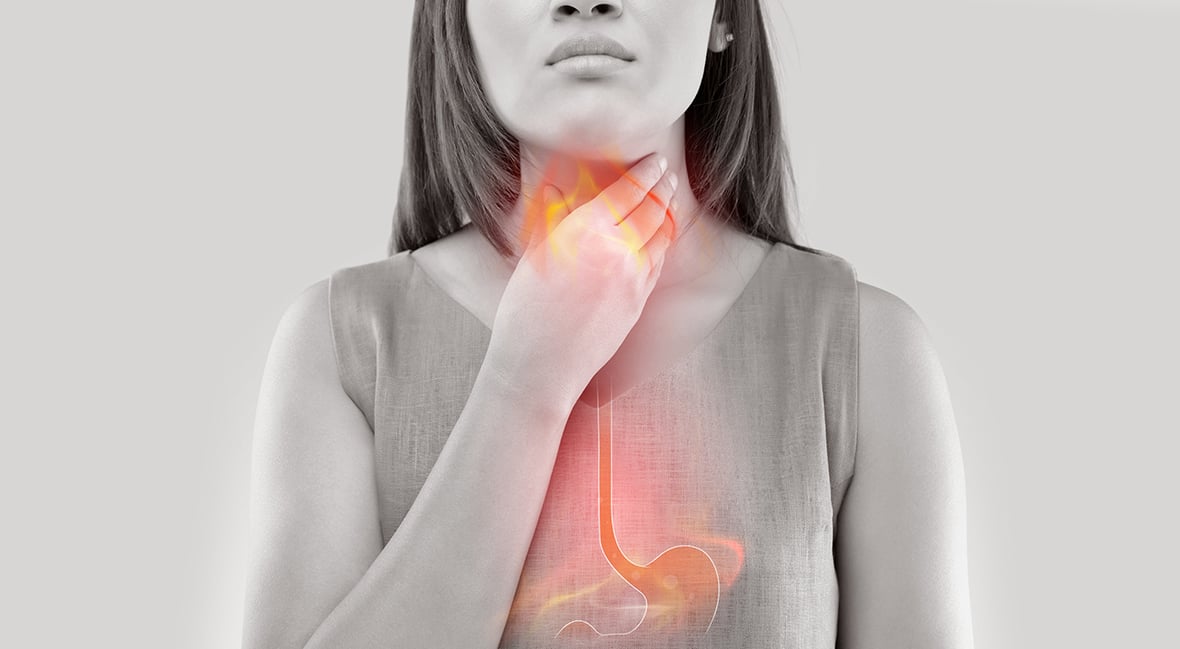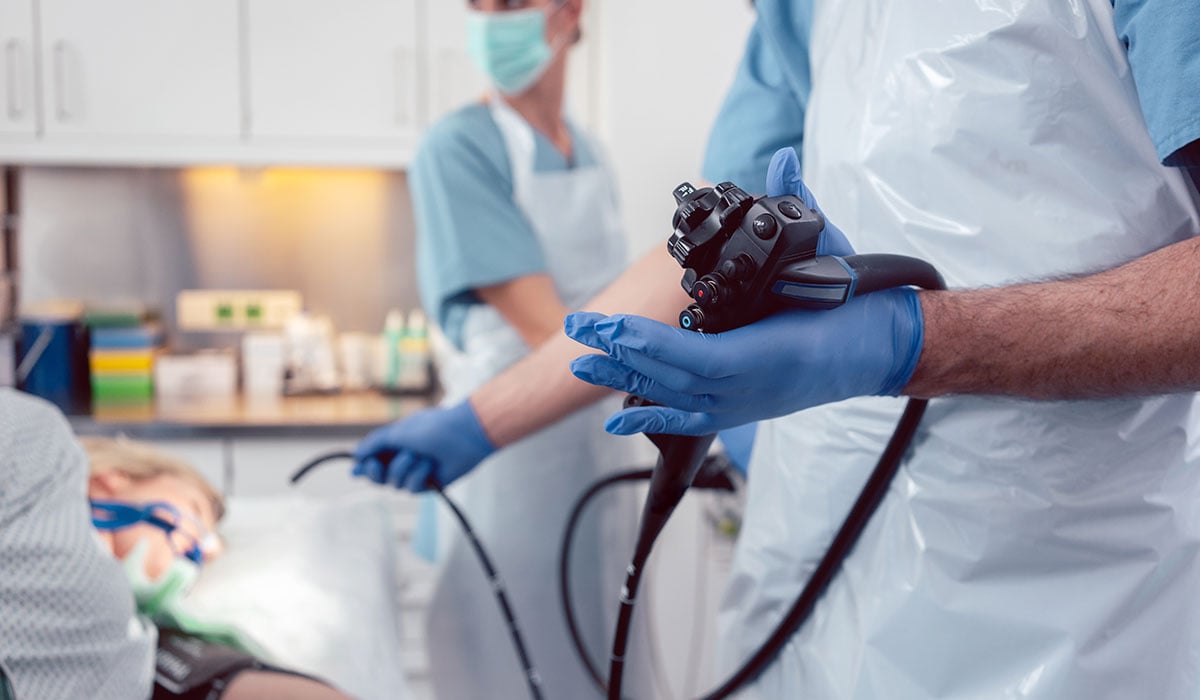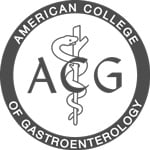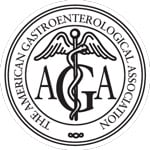Acid reflux happens when the lower esophageal sphincter (LES), a ring of muscle between the esophagus and stomach, does not operate correctly. The job of the lower esophageal sphincter is to relax to let food pass through to the stomach, then close to prevent stomach acid from creeping into the esophagus. When the tissue is weakened or malfunctions in some way, stomach acid may splash back into the esophagus and cause inflammation that we often refer to as “heartburn.”
Chronic acid reflux, aka GERD or Gastroesophageal reflux disease has certain dietary and lifestyle choices that may exacerbate symptoms. Once you can discern the cause of your acid reflux, you can work with a gastroenterologist to develop a plan that helps avoid symptom triggers.
4 Common Causes of Acid Reflux
1. Hiatal Hernia
This may be an underlying cause of acid reflux. Hiatal hernia is often detected while testing to determine the cause of heartburn. With a hiatal hernia, the stomach protrudes through the hole in the diaphragm, called the hiatus, and may contribute to the weakening of the esophageal sphincter, and therefore, to acid reflux.
2. Pregnancy
Hormone changes associated with pregnancy may cause the muscles in the esophagus to relax more frequently. Additionally, a growing fetus puts extra pressure on the stomach, which may compromise esophageal muscles, including the lower esophageal sphincter, thus causing acid reflux. When pregnant, incidences of acid reflux are more likely to occur when lying down, or following large meals.
Food Triggers
Dietary triggers for acid reflux may vary person to person, but there are certain catalysts typically associated with it, including large meals, fatty foods, and eating late at night.
Other common triggers include:
- Alcohol (especially red wine)
- Spicy Foods
- Chocolate
- Coffee
- Peppermint
- Tomato
- Citrus Fruits
Smoking
Doctors have linked smoking with the development of GERD, as well as complications of GERD, such as Barrett’s esophagus—in which its normal tissue lining changes to that resembling intestinal lining—and increases risk for esophageal cancer. Nicotine may cause the tissues in your body to relax, including the LES, causing acid reflux.
Acid Reflux Treatments
Lifestyle & Diet Changes
If you discover certain foods are triggering your acid reflux, simply stay away from those foods to help alleviate symptoms. Other proactive measures include maintaining a healthy weight via diet and exercise, as being overweight may contribute to acid reflux.
Over-the-Counter Prescription Medication
Surgery
In some severe cases, the doctor may recommend a laparoscopic procedure, called fundoplication, wherein all or part of the top portion of the stomach is wrapped around the lower portion of the esophagus, and sewn in place.
If you suffer from frequent acid reflux, schedule a consultation with one of the dedicated specialists at Gastroenterology Associates and Long Island Center for Digestive Health today.
The experienced team at Gastroenterology Associates can help restore you and your family to optimal digestive health and is conveniently located adjacent to Long Island Center for Digestive Health (LICDH), a non-hospital outpatient facility committed to providing high-quality endoscopic and colonoscopic services. For more information or to schedule an appointment, contact us today!












